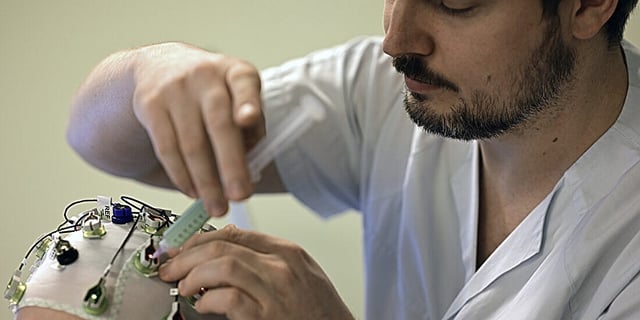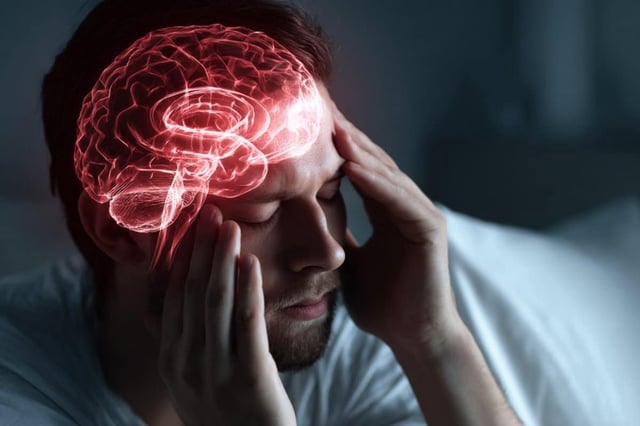Overview
- The double-blind trial at NTNU enrolled 140 migraine patients and healthy controls in alternating sleep conditions of normal rest and restricted sleep.
- Subjects wore EEG caps while receiving laser and electrical pain stimuli, enabling precise measurement of nociceptive evoked potentials.
- Compliance was verified through sleep diaries and electronic monitors to ensure accurate assessment of sleep deprivation effects.
- After two nights of reduced sleep, migraine sufferers showed notably heightened brain responses to pain compared to their well-rested state and to controls.
- With migraines causing substantial disability among 16- to 50-year-olds, researchers hope these findings will guide sleep-focused interventions to better manage attacks.


